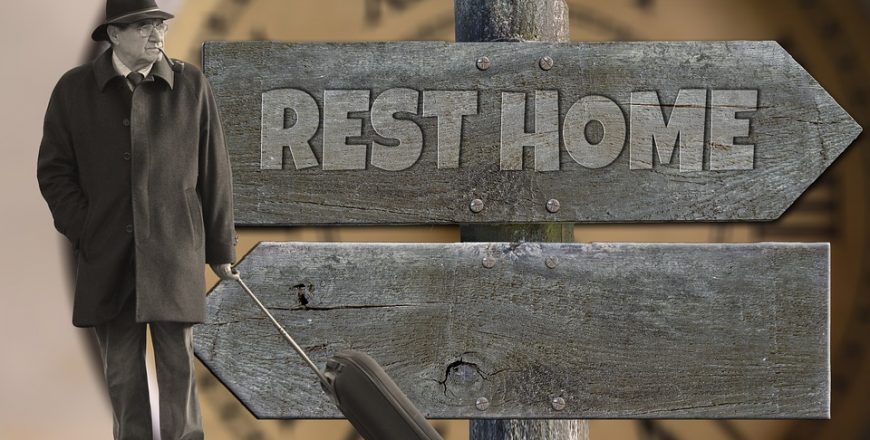
Nursing Homes: Making Sure Your Loved Ones Receive the Care They Deserve Without Going Bankrupt
Now that we are in the year 2018, people are living longer than they ever have. As they cross into new territory, we discover the effects of the other side of aging. Life expectancy nowadays is far greater than ever before, and although many seniors hold onto their independence, there are some who may just need a helping hand, whether that’s from time-to-time or on a daily basis. Thankfully, there are plenty of caring solutions available to keep our loved ones well looked after. From retirement villages with independent living to in home care for seniors, overnight nursing homes and weekly carers, there is always a solution.
With that in mind comes the thought of how much caring for our aging loved one’s costs in time and money. For this article, we will concentrate on the financial aspect. On average, placing your loved one in assisted living can cost anywhere from $6,000 to $7,500 a month.
If you throw in the cost of hiring an attorney to handle any mistreatment or malpractice, you can run up a significant bill. Below are a few ways you might be able to send the total in the other direction.
Do Your Homework
Do remember writing research papers in school or what you went through to purchase your first home? There was a lot of legwork involved. You had to educate yourself about as many avenues that concerned the subject as you could in order to write with a solid foundation of knowledge or successfully haggle with the realty company for a lower price.
Finding a suitable nursing home for the elderly in your life that won’t leave you filing for bankruptcy is no different. Make sure you are getting all the bang for your buck. Check out the local reputation. Investigate the paperwork trail for every facility you are considering.
There is a federal website called Nursing Home Compare that offers comprehensive details about several different long-term care facilities. Make sure you take the time to visit every place you have to choose from. Meet and talk with those in management. Request a tour and talk to some of those who choose to call it home.
Prevent What You Can
One of the best ways to keep cost down in any situation is to foster an atmosphere of prevention. You would run your vehicle 10,000 miles without an oil change or go 6 months without brushing your teeth. These things prevent serious wallet emptying events like a locked up engine or a full set of dentures.
There are numerous things you can do to help prevent incurring many of the costs associated with the need for a nursing home. Help your loved ones maintain their health through regular physicals. A regular yearly physical will allow a primary care physician to catch anomalies early before they become much larger problems. Also, take advantage of evolving tech.
There is technology available that makes it possible to keep up with your aging parents’ bank accounts. If they start missing payments or making erratic purchases, this could be an early sign of trouble. Being able to come to the early aid of a parent could help save thousands in the long run.
Seek Financial Assistance
Our government is not perfect by any means, but there are options that you can take advantage of should the time come to place a loved one in a nursing home. If your loved one happens to be a veteran, there is financial aid available for things like adult day care, respite, and skilled care.
Elderly patients may also qualify for Medicaid. If so, Medicaid may foot the bill entirely. This is a rather difficult prospect, but a worthy one if you can attain it.
In order to be eligible, you can’t make any more than $2,000 a year. There is help available from non-government sources, as well. Some private organizations will help with the expense of things like a walk-in shower or chairlift.
Life is a miracle that we are being blessed to enjoy for a longer period of time with every decade that passes. With the added time comes new challenges. Use the suggestions above to make sure those new challenges don’t drain your bank account.






